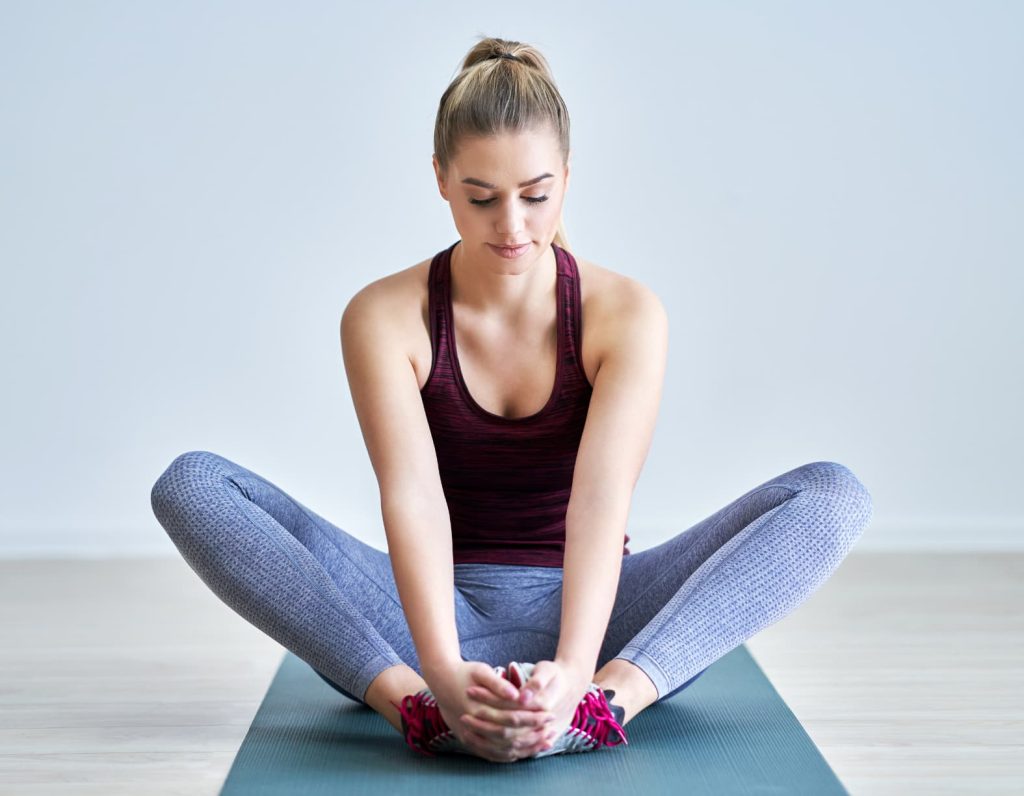
Rest Isn’t Always The Answer
Sustaining an injury can be a frustrating experience, especially when the recommended course of action involves nothing more than rest and avoidance of the activity that caused it. While it’s true that rest is an essential part of the recovery process, it’s not always the best solution to promote long-term healing. An active approach to rehabilitation can often be a better solution for a variety of reasons. First, it can help prevent muscle atrophy and loss of function that can result from prolonged inactivity.
Additionally, engaging in targeted exercises can help strengthen muscles and improve flexibility, which can reduce the risk of re-injury. Finding a healthcare professional who supports an active approach to rehabilitation is key. Physical therapists and chiropractors are trained to help patients recover through targeted exercise and movement and can provide guidance and support throughout the recovery process. Finally, it’s important to maintain a positive mindset throughout the rehabilitation process.
Setting achievable goals and tracking progress can help maintain motivation and momentum, which can ultimately lead to a faster and more complete recovery.
Instead, a more active approach, known as active rehabilitation, can help to rebuild the body structures weakened by injury and facilitate a faster return to pre-injury levels of activity. This blog will delve into the benefits of active rehabilitation, exploring why it is a better approach to overcoming injuries and how it can help you to regain strength and mobility. By highlighting the key advantages of active rehabilitation, readers will gain a better understanding of why it is a more effective way to promote recovery than simply resting alone.
Whether you’re an athlete, a weekend warrior, or simply someone looking to recover from a nagging injury, this blog will provide valuable insights into the benefits of active rehabilitation and how it can help you to get back to the activities you love, faster and stronger.
From the importance of movement and exercise to the benefits of working with a skilled physical therapist, this blog will provide a comprehensive guide to the world of active rehabilitation and the ways in which it can transform your recovery process.
Have you ever sought medical help for a painful injury, only to be told to simply “rest” and “avoid” the activity that caused it? While rest is an important part of injury recovery, it’s not always the best solution. In fact, too much rest can weaken your body structures, making it even harder to return to your desired activities pain-free.
In this blog, we’ll explore why active rehabilitation is a better approach to overcoming injuries and how it can help you get back to the activities you love, faster and stronger.
“Don’t Let Injuries Slow You Down: The Benefits of Active Rehabilitation”

Injuries can be frustrating, especially when they prevent you from doing the things you love. While rest is important in the early stages of healing, too much of it can lead to muscle atrophy and loss of function. The best way to overcome an injury is to take an active approach to rehabilitation.
Active rehabilitation involves modifying your movements, training, and frequency, while applying appropriate rehabilitative loads to the injured area. This approach helps maintain the resilience of body structures, keeps you motivated, and provides the quickest path to pain-free movement.
“Find a Healthcare Professional Who Supports Active Rehabilitation”

If you’ve been told to simply “rest” and “avoid” the activities associated with your injury, it’s time to find a healthcare professional who will take a more active approach to your rehabilitation. Look for a provider who will work with you to manipulate your desired activity in a way that is tolerable, while applying the right rehabilitative loads to the injured area.
Injuries can be a frustrating and painful setback to our daily lives, especially when they prevent us from engaging in the activities we love. However, it is important not to let injuries slow us down, and instead, take an active approach to rehabilitation. By doing so, we can recover faster and stronger, and get back to the activities we enjoy. One of the key factors in active rehabilitation is finding a healthcare professional who supports this approach. This may involve seeking out a physical therapist, or other healthcare provider who encourages movement and exercise during the recovery process.
With the right support, we can work on gradually increasing our strength, flexibility, and range of motion, all while minimizing the risk of further injury. Another important aspect of active rehabilitation is maintaining a positive mindset. It can be easy to become discouraged when faced with an injury, but focusing on what we can do, rather than what we can’t, can help us stay motivated and engaged in the recovery process. Setting achievable goals and tracking our progress can also help us stay on track and maintain a sense of accomplishment.
Ultimately, taking an active approach to rehabilitation can help us not only recover from injuries but also prevent future injuries and improve our overall health and well-being. So if you find yourself dealing with an injury, don’t let it slow you down. Seek out the right support, maintain a positive mindset, and stay focused on your goals. With perseverance and dedication, you can get back to the activities you love, faster and stronger.
